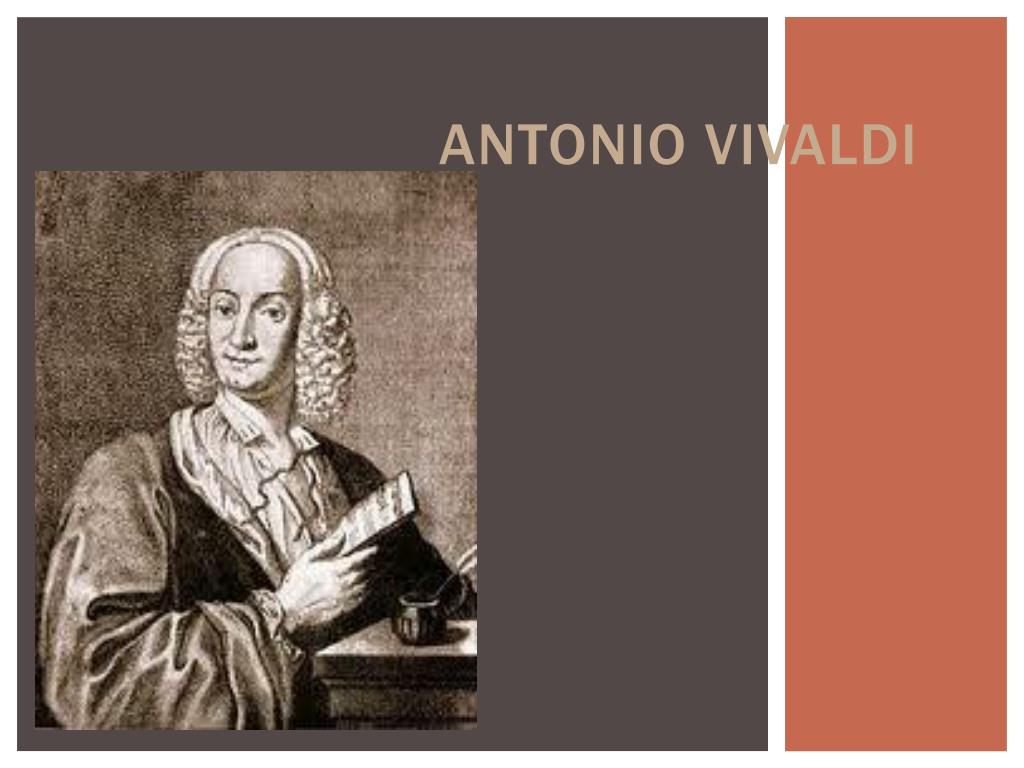
They represented flowing creeks, the buzzing and singing of animals, storms, silent nights, hunting parties, frozen landscapes, and much more. In terms of musical conception, these pieces were a revolution. Once he was back in Venice, he wrote The Four Seasons, four violin concerti depicting scenes appropriate for each season. These cities included Mantua, Milan, and Rome. This is evidenced by Vivaldi’s inability to have a production run at a major opera house for any extended period of time.īetween 17, Vivaldi continued to travel, staying in a city for a few years to write and conduct, before he returned to Venice. While Vivaldi composed at least 50 operas in his lifetime, he never reached the prominence and popularity of contemporaries like Galuppi or Scarlatti. His progressive style of writing opera began to cause conflict with more conservative musicians, such as Benedetto Marcello, who went so far as to write a pamphlet denouncing Vivaldi and his operas. He began writing opera in 1713, and while the public didn’t find his first few works favorable, Vivaldi’s operas steadily improved and by 1735 he had several operas being performed throughout Italy. This would prove to be tremendously profitable for Vivaldi, as several theaters were competing for the public’s attention. In early 18 th-century Venice, opera was by far the most popular style of musical entertainment. Records at the institution indicate that he was paid for 140 concerti between 17. Although he began to travel more and conduct other groups, the Pieta paid him to write two concerti a month for the orchestra while he was in Venice.

The piece was a resounding success all over Europe and Vivaldi gained considerable notoriety. 3 was published in 1711 and dedicated to the Grand Prince of Tuscany. One of his first real breakthroughs as a composer came when his first collection of 12 concerti for one, two, and four violins with strings, L’estro armonico, Op.

After the board realized the importance of his presence within the school, he was promoted to music director in 1716 and became responsible for all musical activity within the institution. In 1709, the vote went 7-6 against him, although he was rehired with a unanimous vote in 1711. Vivaldi had a somewhat difficult relationship with the board of directors at the school, who had to take a vote every year on whether or not to keep him on staff as a teacher. The boys learned a trade and had to leave when they reached the age of 15, and the girls received a musical education and those who were the most talented stayed and became members of the renowned orchestra and choir. The institutions in Venice were funded by the Republic. The purpose of these institutions was to provide shelter and education to children who were abandoned or orphaned, or whose families could not support them. While working there over the next 30 years, he composed many of his major works. Vivaldi took the role of maestro di violino (master of violin) at the Ospedale della Pieta when he was only 25. He would remain a priest only for a year, and was given dispensation in 1704 after only saying mass a few times due to his poor health. He was ordained at the age of 25 in 1703 and was soon given the nickname “The Red Priest” (referring to the color of his hair, which was a family trait). In 1693 at the age of 15, Vivaldi began studying to become a priest. This did not prevent him from playing the violin or taking part in musical activities, although it did stop him from playing wind instruments. He would frequently complain of “tightness of the chest”, which has been interpreted as some form of asthma. Although it is not confirmed, it is widely believed that Vivaldi’s father may have also been a composer as well.Īntonio’s health was problematic his entire life. Once Antonio was a skilled musician, his father traveled Venice with him and the two would perform together.
#WHEN DID ANTONIO VIVALDI DIE PROFESSIONAL#
Vivaldi had five siblings, and was taught the violin at an early age by his father who was a professional violinist himself.

He is most widely known for his instrumentals concertos (mostly for violin), as well as sacred works and operas.Ī majority of his compositions were written for the female music ensemble at the Ospedale della Pieta, a home for abandoned children where Vivaldi was employed between 40. Born in Venice, Italy, he is undoubtedly one of the greatest Baroque composers.

An Italian Baroque composer, Antonio Vivaldi also spent portions of his life as a virtuoso violinist, teacher, and cleric.


 0 kommentar(er)
0 kommentar(er)
